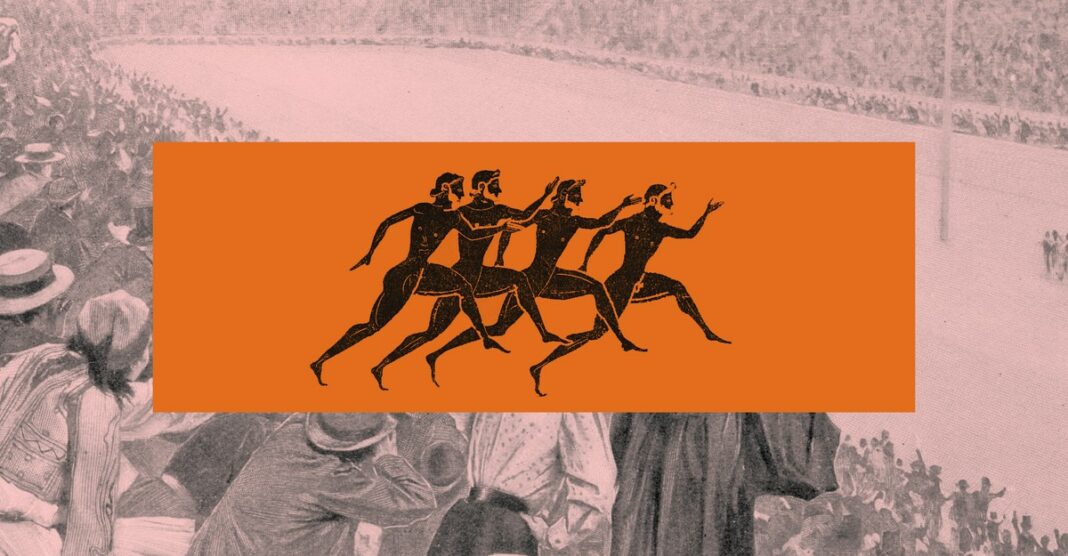The Modern Olympics Invented the Marathon
The marathon is one of the most iconic events in the world of sports, and its origins can be traced back to the Modern Olympics. The Marathon race is a long-distance running event that covers a distance of 26.2 miles. The race holds great significance and is a test of endurance, willpower, and determination.
The Origin of the Marathon
The Marathon race has its origins in ancient Greece, where legend has it that a messenger named Pheidippides ran from the battlefield of Marathon to Athens to deliver news of a victory over the Persians. The distance between the two cities was approximately 26 miles, and Pheidippides managed to run the entire distance without stopping before delivering the news and collapsing from exhaustion.
The story of Pheidippides and his heroic run became the inspiration for the modern-day Marathon race. The first organized marathon race was held at the 1896 Olympics in Athens, Greece. The race was won by Spiridon Louis, a Greek runner, and has since become a staple event in the Olympic Games.
The Modern Olympics and the Marathon
The Modern Olympics, founded by Pierre de Coubertin in 1896, sought to revive the ancient Greek tradition of athletic competition. One of the events included in the first Olympic Games was the Marathon race, in honor of Pheidippides‘ legendary run.
Since then, the Marathon has become one of the most anticipated events in the Olympic Games, attracting elite runners from around the world. The race has seen many record-breaking performances and has become a symbol of human endurance and perseverance.
The Evolution of the Marathon
Over the years, the Marathon has evolved into a prestigious event that is held in major cities around the world. Major marathons such as the Boston Marathon, the London Marathon, and the New York City Marathon draw thousands of participants and spectators each year.
Advancements in training techniques, nutrition, and technology have led to faster times and greater feats of athleticism in the Marathon. Elite runners continuously push the boundaries of human performance, setting new records and inspiring future generations of athletes.
Conclusion
The Marathon race, invented by the Modern Olympics, has become a symbol of human endurance and determination. From its humble beginnings in ancient Greece to its current status as a prestigious event in the sporting world, the Marathon continues to captivate and inspire people around the globe.
Whether it’s the Olympic Marathon or a local community race, the spirit of the Marathon lives on in every runner who laces up their shoes and embarks on the long and arduous journey towards the finish line.
FAQs
What is the distance of a Marathon race?
The standard distance of a Marathon race is 26.2 miles or 42.195 kilometers.
How long does it take to train for a Marathon?
Training for a Marathon typically takes 16-20 weeks, depending on the individual’s fitness level and experience.
What are some famous Marathons around the world?
Some famous Marathons include the Boston Marathon, the London Marathon, the Chicago Marathon, and the Berlin Marathon.
Who holds the world record for the Marathon?
Eliud Kipchoge of Kenya currently holds the men’s world record for the Marathon with a time of 2:01:39. Brigid Kosgei of Kenya holds the women’s world record with a time of 2:14:04.




